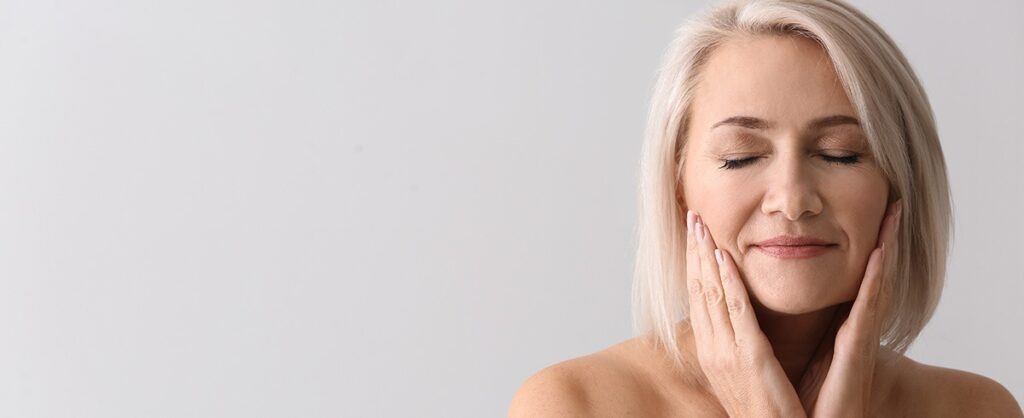Vitamin A is the greatest deficiency in the world, most people are unaware they suffer from a chronic, localised deficiency of vitamin A. As vitamin A is light sensitive, it is destroyed everyday in our skin and that is the main reason why we develop photoaging. You could say that the skin is constantly in need of vitamin A” -Dr Des Fernandes
In 1930 scientists first suggested that aging skin is caused by a vitamin A deficiency. This sparked ongoing trials and research that has now become the “gold standard” of results driven skincare, particularly with aging, acne and photodamage.
What is Vitamin A?
- Vitamin A can be an ester, alcohol, or acid (depending on the form) and belongs to a family of organic chemicals called retinoids. Retinoids are something your body naturally produces, and is closely linked to vision in the retina of our eyes.
- The different forms of vitamin A found in skincare (in order of bioavailability) are retinyl palmitate, retinyl acetate, retinyl propionate, retinol, retinaldehyde, and retinoic acid to name a few.
- All forms of Vitamin A applied to the skin go through an enzymatic process to be transformed into retinoic acid, the more pathways the vitamin A has to go through (e.g retinyl palmitate), the longer it’ll take to see visible results, however sensitive skins may benefit more from a weaker form of vitamin A due to less irritation.
- Vitamin A is the most essential molecule for maintaining healthy skin.
- Everybody is exposed to UV light, whether that’s intentional or not. This exposure damages the vitamin A naturally found in our skin.
- The more abundant our skin is in vitamin A, the more protected it will be against UV light.
- It is essential that vitamin A is replenished on a daily basis to promote healthy looking skin, as well as minimize the effects of photoaging.

How does Vitamin A benefit our skin?
- Our stratum corneum (the outermost layer of our skin) becomes more compact and smooth. This strengthens our skin barrier function, improving our skin’s first line of defence against environmental factors.
- The Langerhan cells (responsible for our skin’s immunity) become far more effective, efficiently dealing with any foreign invaders such as microbes and pathogens that may be harmful to the health of our skin.
- The effectiveness of our fibroblasts are improved, meaning healthier collagen and elastin are produced.
- Melanin becomes more evenly distributed, making hyperpigmentation less noticeable.
- Abnormal cells are normalised through DNA repair, and a process called cell apoptosis occurs. This means that skin cells that are no longer helpful, or are damaged beyond repair are programmed for cell death. This also plays a crucial role in preventing skin cancer.
- Normalises sebaceous gland activity, this makes vitamin A particularly helpful for people concerned with acne/congestion.
With this we can conclude that Vitamin A deficiency is the main cause for hyperpigmentation, loss of elasticity (saggyness), wrinkles, roughness, irregular pigmentation, sallow skin, elastosis and breakouts. By topically applying vitamin A daily, we can improve the appearance of all these symptoms mentioned.





